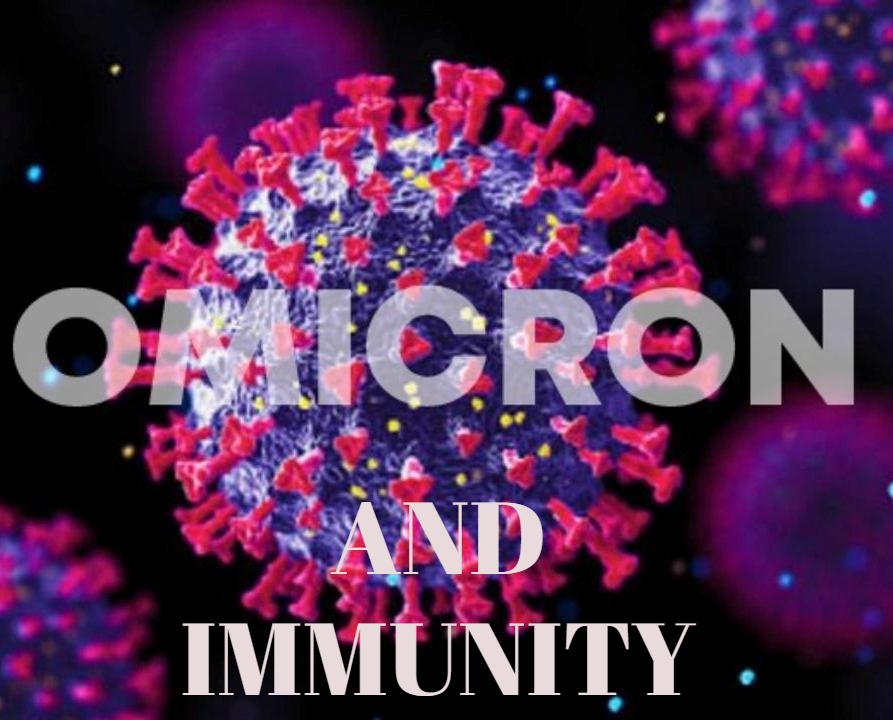

By admin
First publised on 2022-01-12 10:11:02
Dr Jaiprakash Muliyil is a top epidemiologist. He is also
the chairperson of the Scientific Advisory Committee of the
National Institute of Epidemiology at the Indian Council of Medical Research
and the top government medical expert on Covid. Dr Muliyil thinks that
Omicron is "practically unstoppable" and that India has 60 to 90 times more
cases than it is detecting.
Some in the scientific community are veering
around to the view that Omicron will end when a huge number of people are
infected, bringing about herd immunity. There is also a rumour that getting
infected by Omicron will give lifelong immunity from Covid. The WHO has already
said that more than half of Europe's population will get infected in 6 to 8
weeks. The US reported 1.3 million cases on Monday, the highest by any country in a single day till now. Although India is reporting
low cases and the cases have also dipped in the last couple of days, it is
mainly due to low testing. The positivity rate remains alarmingly high in most
states.
WHO has also said that giving repeated booster doses is
not viable strategy. Echoing this, the European Medicines Agency, the drug
watchdog of the EU, said that the Omicron variant was pushing Covid towards
being an endemic disease which the world can live with. It said that "with the
increase of immunity in population - and with Omicron, there will be a lot of
natural immunity taking place on top of vaccination - we will be fast moving
towards a scenario that will be closer to endemicity.â
The gist of all this is that Omicron will spread
far, wide and fast. But the reassuring thing is that it will provide immunity
to people to fight the virus. But no immunity is totally safe for the simple
reason that the virus mutates and some mutations, like the Omicron, have nearly
34 further mutations in its spike protein. As further research leads to
discovery of medicines for Covid, it will become less life threatening and
manageable and people will have to live with it like they do with other
diseases. But the risk of infected persons spreading it to others, unlike most
other diseases, will always remain.











